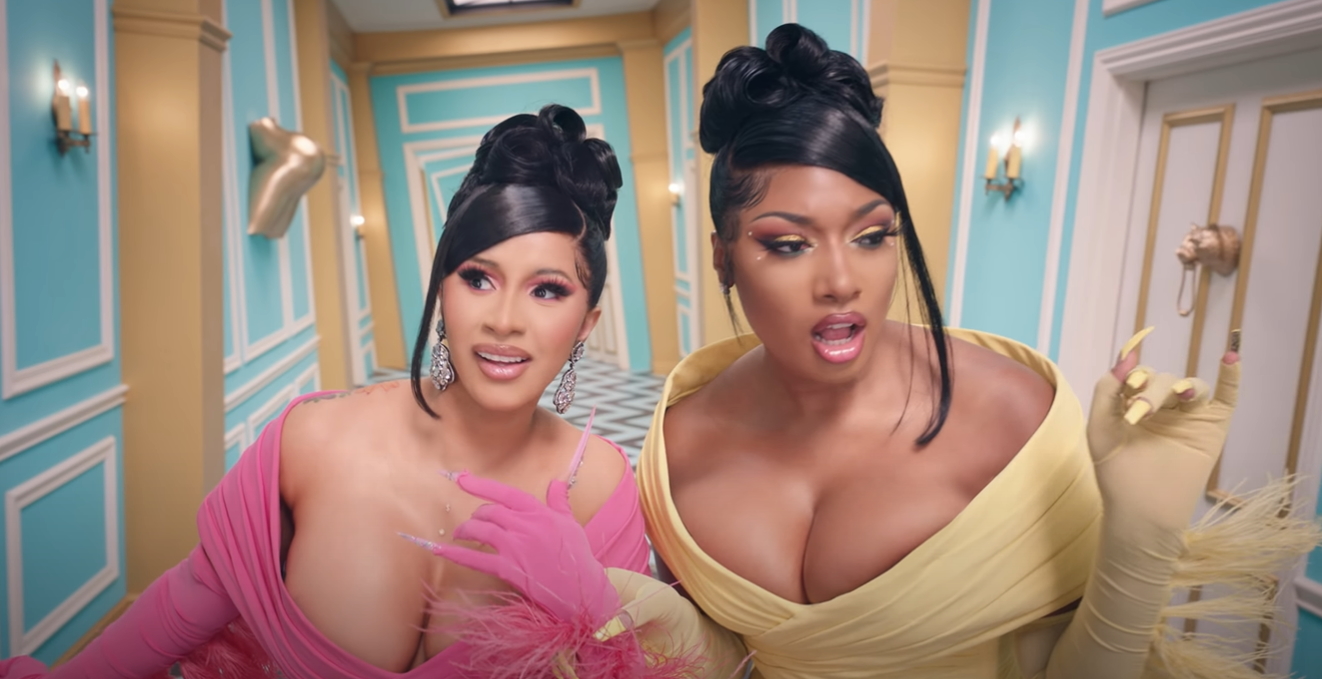Sista Souija, a prominent voice in hip-hop, has unleashed a powerful critique aimed at some of the genre’s biggest names, including Sexyy Red, Cardi B, and Megan Thee Stallion. In a recent video that has taken social media by storm, she addresses the evolution of female representation in hip-hop, expressing deep concern over the mixed messages being sent to young women today.

Souija reflects on the historical context of female MCs, tracing a line from the strong, empowering figures like Queen Latifah and MC Lyte to the more commercialized portrayals seen in contemporary artists. She questions whether the current wave of female rappers is perpetuating a one-dimensional view of womanhood, primarily focused on sexuality and materialism. “Your life matters, your soul matters, and your choices matter,” she emphasizes, urging young women to recognize their multifaceted identities beyond mere sexual objects.

The urgency of her message comes at a time when the hip-hop landscape is saturated with conflicting narratives. She acknowledges the hustle and grit of artists like Winter Santiago, a character she connects to the struggles of today’s women, highlighting the need for broader representation in the music industry. “There’s so many other levels to your womanhood,” Souija insists, stressing the importance of embracing a diverse range of experiences and perspectives.

As the video gains traction, the conversation around female empowerment in hip-hop is reignited. Souija’s words resonate with those who feel that the current trend may be overshadowing the rich history of female artists who have paved the way for a more inclusive and empowering representation. “I always feel bad if I see women who think that all they are is a sexual entity,” she states, calling for a return to a more holistic view of womanhood in music.

In a landscape that often prioritizes sensationalism over substance, Sista Souija’s call to action is both urgent and necessary. As fans and critics alike engage with her message, the debate over the direction of female representation in hip-hop is more relevant than ever. Will this spark a shift in how women are portrayed in the genre? Only time will tell, but one thing is clear: the conversation is far from over.




